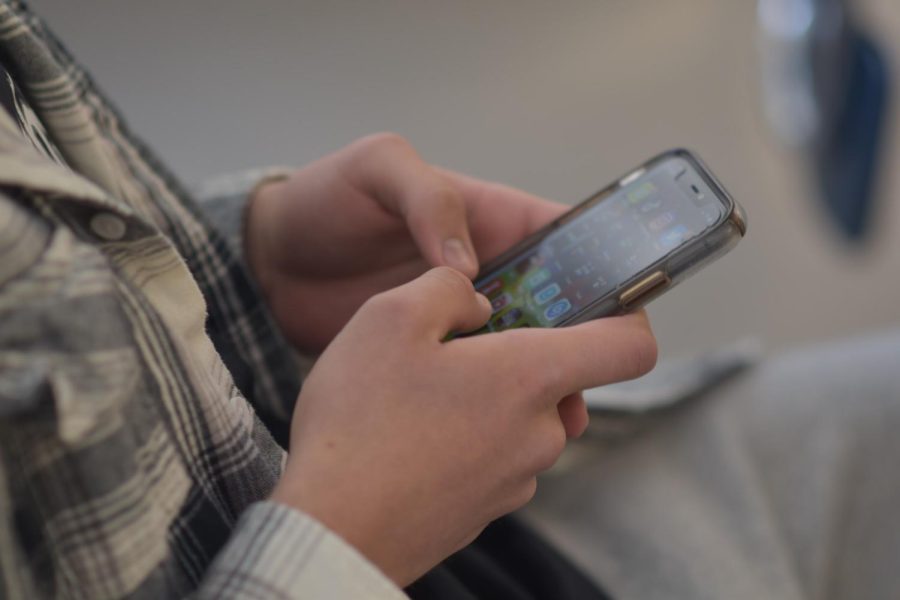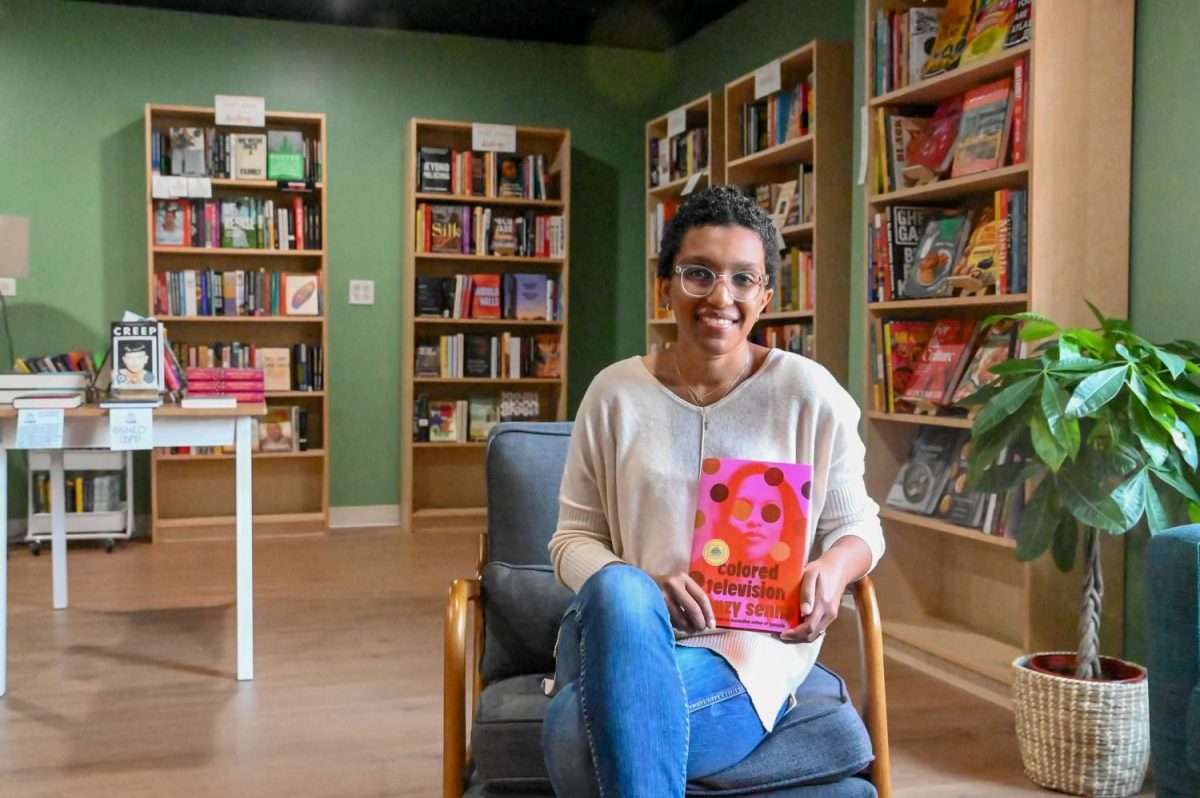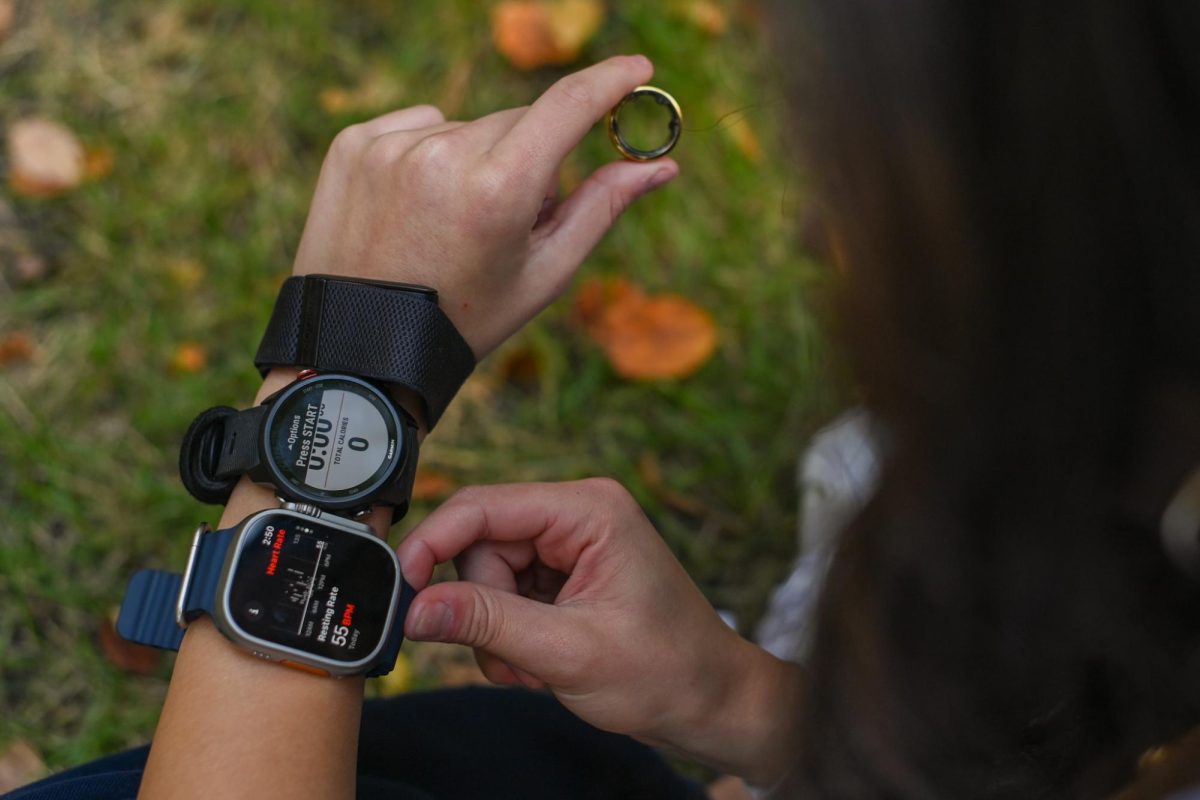Doomscrolling: Addictive habit has negative impacts
The pandemic has exacerbated doomscrolling, wrapping students in a downward spiral of internet negativity.
May 2, 2022
Olin Nafziger often finds himself glued to the tragic headlines that seem to grace every news cycle. From the grim updates on the coronavirus pandemic to the distressing photos coming out of Ukraine, the cycle of depressing news never stops.
Olin, a ninth grader, says that has even drastically changed the ways he views the news.
“I feel almost desensitized to it, because when you start to hear it so often, it almost doesn’t feel as bad,” Olin said.
Yet Olin isn’t alone. “Doomscrolling,” or the act of spending an excessive amount of time adhered to a screen devoted to the absorption of negative news, has become exceedingly prevalent. This is in large part due to the fact that consumption of news over digital mediums has increased by around 35% and through social media by nearly 47% in 2021 alone, according to 2021 research from the National Institutes of Health.
Humans were born with a built in “negativity bias,” which is the idea that negative events have a larger impact on us than good events. This means that we spend much more time fixated on negative news.
Research shows that spending an exaggerated amount of time on social media can amplify feelings of depression and loneliness, and spending most of that time preoccupied with a constant barrage of tragic news only raises the risk of mental health effects.
“When we’re thinking about, kind of, that excessive consumption of something that has typically an impact on some information that has an impact on our mood, it can be very traumatic, and it can just exacerbate the state that we’re in,” U-High counselor Camille Baughn-Cunningham said. “Sometimes it’s difficult when we consume and absorb so much that even once we have turned away, it’s still kind of replaying in our mind without necessarily looking at the screen.”
Yet the question still remains, how can we get ourselves to stop doomscrolling?
Dr. Baughn-Cunningham says that it helps to set boundaries for yourself.
“It really kind of boils down to limiting our time and making sure that we are setting some boundaries on our consumption,” Olin said.
Doomscrolling seems like an endless pit of nothing but tragic headlines and scary photos from far away places, yet with the setting of boundaries and limiting the time spent on screens, there may be a light at the end of the tunnel.













